-
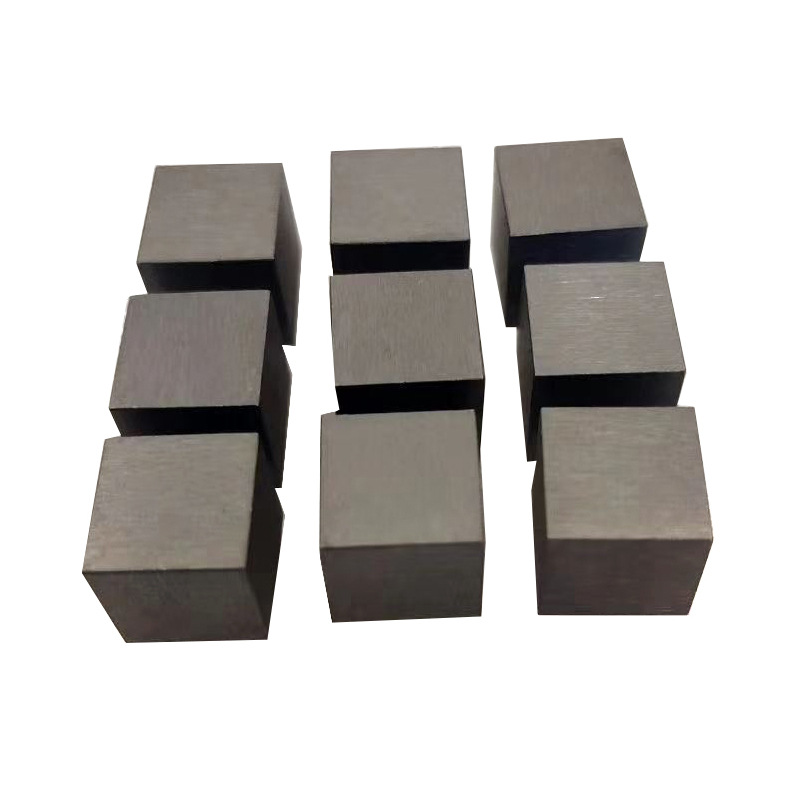
- Lightweight: Lower density compared to many metals, making it suitable for weight-sensitive applications.
- Corrosion Resistance: Enhanced resistance to corrosion, particularly in marine environments.
- Improved Strength: Magnesium improves the strength and ductility of aluminum.
- Versatile Deposition: Compatible with various deposition techniques, including thermal evaporation and sputtering.
-
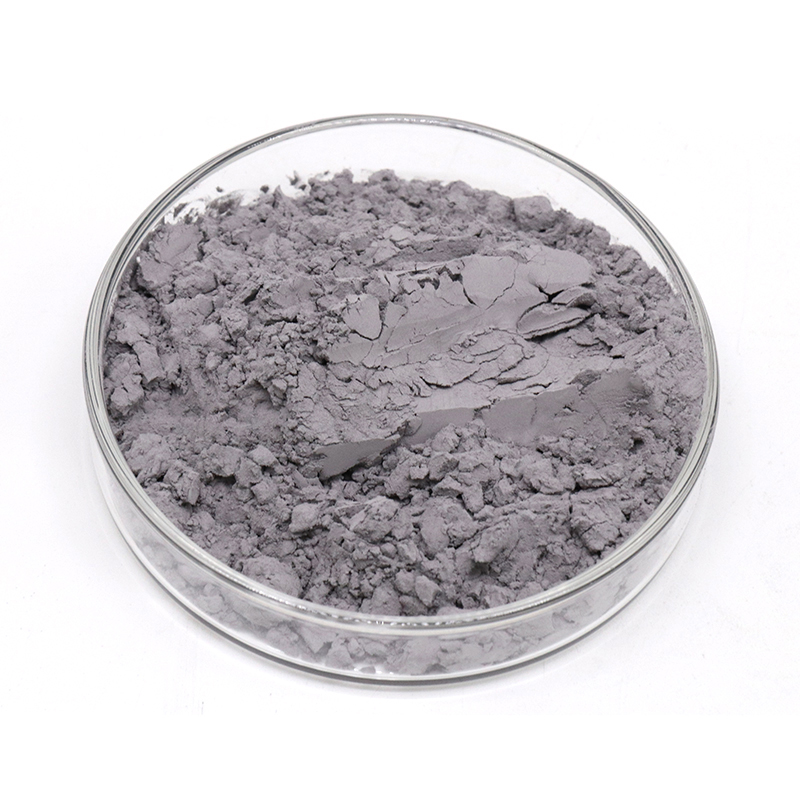
- High Strength-to-Weight Ratio: AlSi10Mg powder delivers a high strength-to-weight ratio, making it suitable for lightweight but robust components.
- Excellent Corrosion Resistance: Offers superior resistance to corrosion, ideal for use in harsh environments.
- Good Castability: Provides excellent castability, ensuring high-quality results in additive manufacturing.
- Enhanced Thermal Conductivity: Offers good thermal conductivity, making it ideal for heat-dissipating applications.
- Low Shrinkage: Exhibits minimal shrinkage during the additive manufacturing process, ensuring high precision.
- Ease of Post-Processing: The material can be easily post-processed, including machining, anodizing, and surface treatment.
-
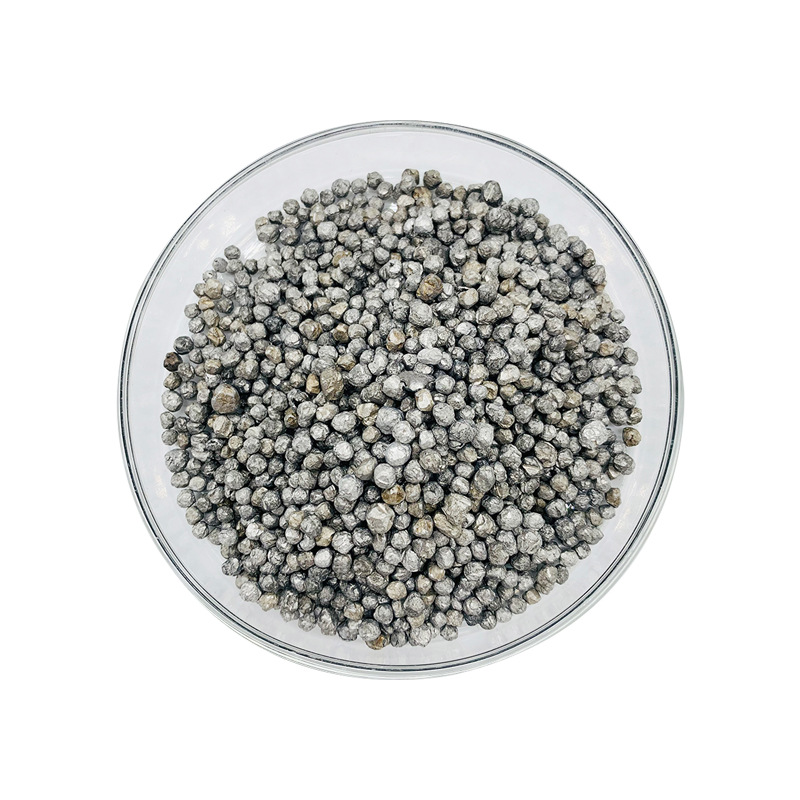
- High Purity: Magnesium pellets are available with high purity levels (99.9% or higher), ensuring the creation of thin films with minimal impurities.
- Lightweight: Magnesium is one of the lightest structural metals, offering the advantage of lightweight coatings in applications where weight savings are critical.
- Reactivity: Magnesium is highly reactive, making it ideal for creating compounds or alloys for specific functional coatings.
- Good Reflectivity: Magnesium provides good reflective properties, especially in the UV and visible spectrum, making it suitable for optical applications.
- Easy Deposition: Magnesium pellets evaporate easily at relatively low temperatures, making them convenient for deposition in vacuum systems.
-
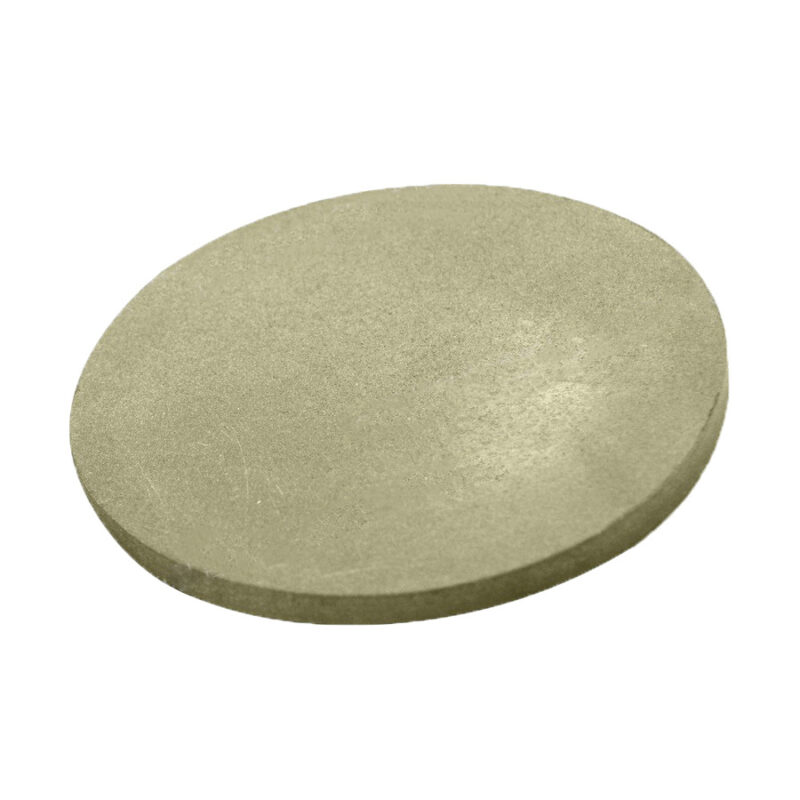
- High Thermoelectric Efficiency: Magnesium Bismuth is recognized for its high Seebeck coefficient and low thermal conductivity, making it an efficient material for thermoelectric applications.
- Low-Temperature Thermoelectrics: Mg3Bi2 is particularly effective at lower temperatures, which makes it suitable for a wide range of thermoelectric devices that operate in ambient conditions.
- Customizable Film Properties: The thin films produced using Mg3Bi2 targets can be tailored in terms of thickness and crystallinity, allowing for optimization in various applications.
- Chemical Stability: Magnesium Bismuth films exhibit good stability, ensuring reliable performance over time in demanding environments.
-
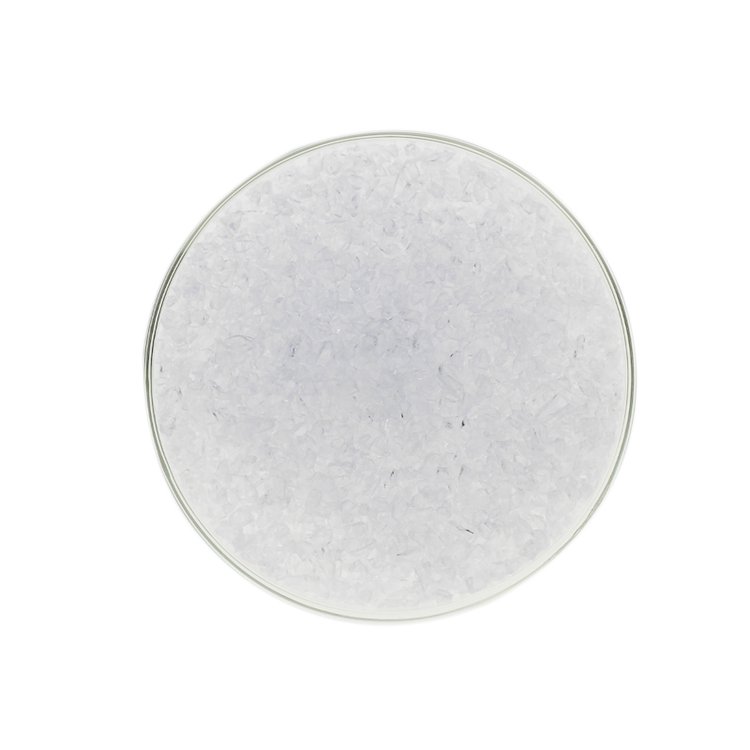
- Wide Transmission Range: Transmits from UV (~120 nm) to IR (~7 µm) wavelengths, making it versatile for a variety of optical applications.
- Low Refractive Index: MgF2 has a low refractive index (~1.38 at 550 nm), making it ideal for anti-reflective coatings.
- High Durability: Magnesium fluoride is resistant to mechanical wear and scratches, providing longevity to coated optical surfaces.
- Chemical Stability: It is chemically inert and highly resistant to most acids and alkalis, ensuring its stability in harsh environments.
- High Damage Threshold: MgF2-coated optics have high laser damage thresholds, making them suitable for high-power laser systems.
-
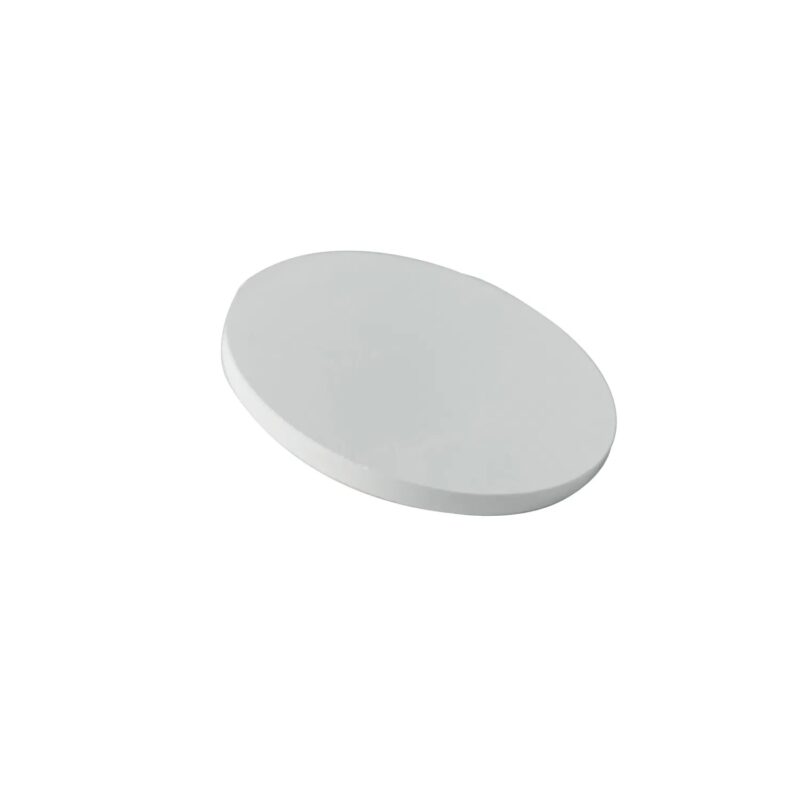
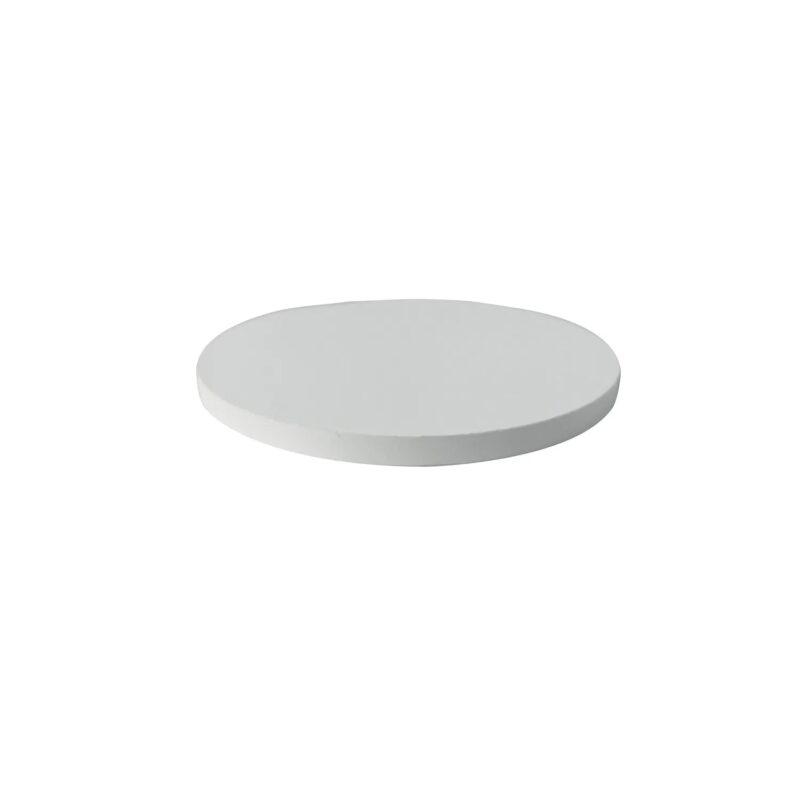
- Broad Transparency Range: MgF₂ has excellent transmission across UV, visible, and IR spectra, making it an ideal material for high-performance optical coatings.
- Low Refractive Index: The low refractive index of MgF₂ helps reduce light reflection, enabling its use in anti-reflective coatings for various optical applications.
- High Hardness and Durability: Magnesium Fluoride films are known for their hardness and resistance to scratching, making them suitable for protective coatings in high-durability environments.
- Chemical and Environmental Stability: MgF₂ coatings are chemically inert and stable under extreme temperature conditions, enhancing their use in both optical and electronic applications.
-
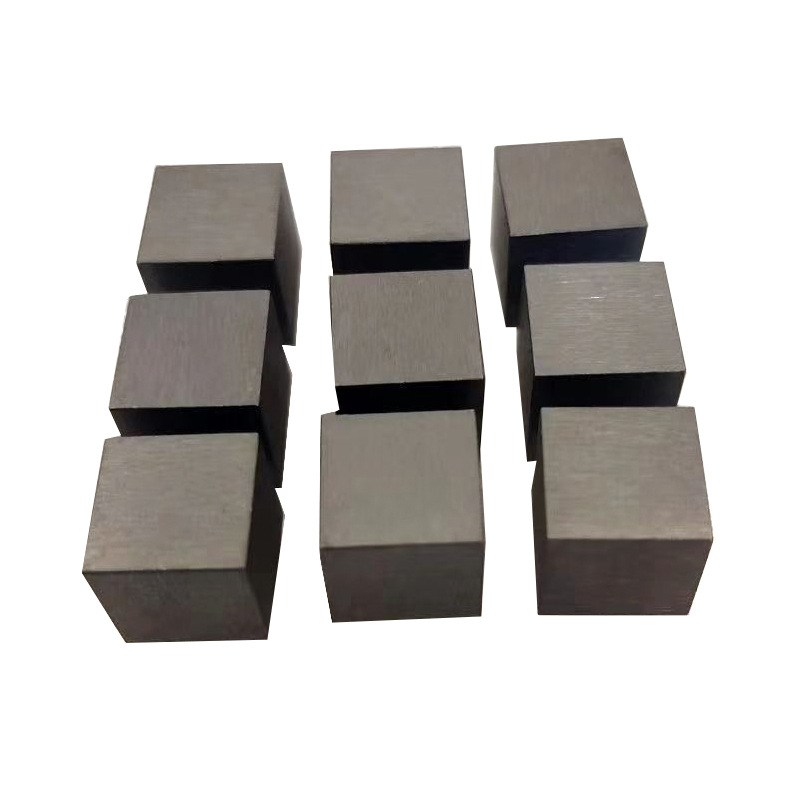
- Lightweight: Offers a lower density compared to other metals, making it suitable for applications where weight is a concern.
- Enhanced Strength: The combination of magnesium and manganese improves mechanical strength and durability.
- Corrosion Resistance: Provides good resistance to oxidation and corrosion, enhancing the longevity of components.
-
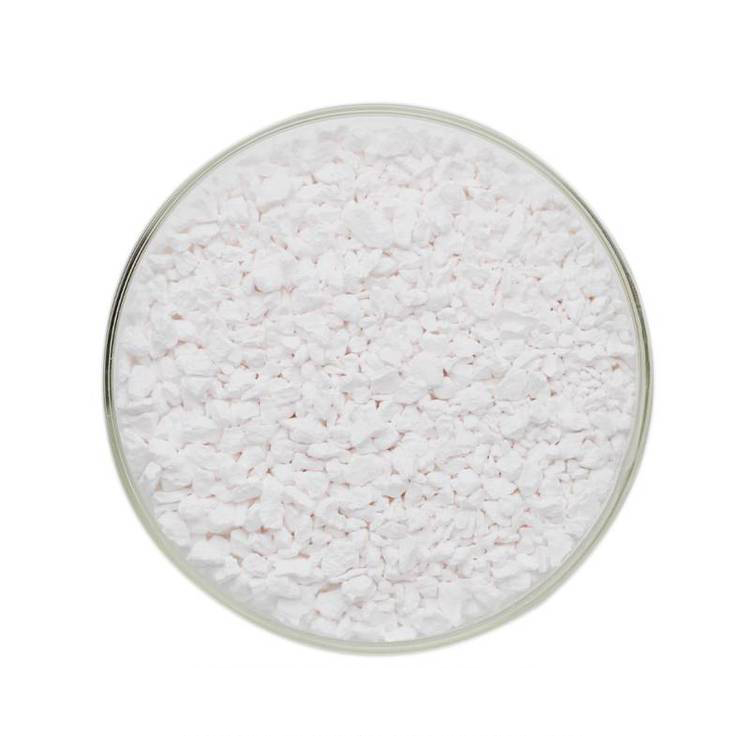
- High Dielectric Constant: MgO is known for its high dielectric constant, making it an effective insulating material for electronic applications.
- Optical Transparency: Exhibits excellent transparency across a wide spectral range, from UV to IR, making it suitable for optical applications.
- High Melting Point: With a melting point of approximately 2852°C, MgO can withstand high-temperature processing conditions, making it ideal for high-temperature coatings and insulation.
- Thermal Stability: Magnesium oxide is highly stable in a range of temperatures, providing durability in both deposition and application.
- Chemical Resistance: MgO is chemically inert, resistant to most acids and bases, making it suitable for protective layers in harsh environments.
-
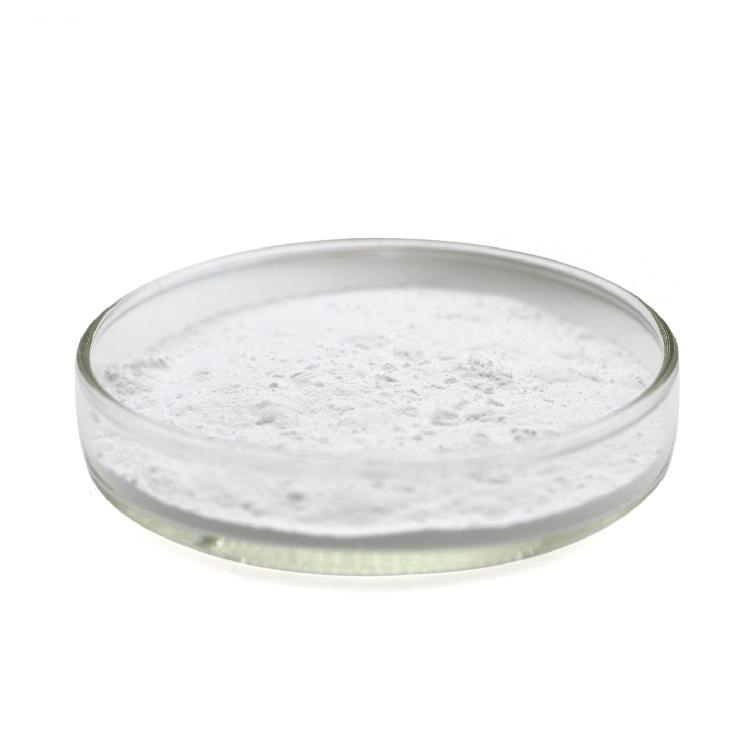
- High Purity: Consistently high purity, making it ideal for applications requiring excellent material integrity.
- Thermal Insulation: Excellent thermal conductivity, making it an ideal material for refractory products and high-temperature insulation.
- Electrical Insulation: Acts as an effective electrical insulator in components like electrical cables and ceramics.
- Chemical Stability: Resistant to chemical attack, making it suitable for harsh environments.
- Environmental Safety: Non-toxic and safe for various industrial applications.
- Versatility: Available in various particle sizes and customizable formulations to meet specific application needs.
-
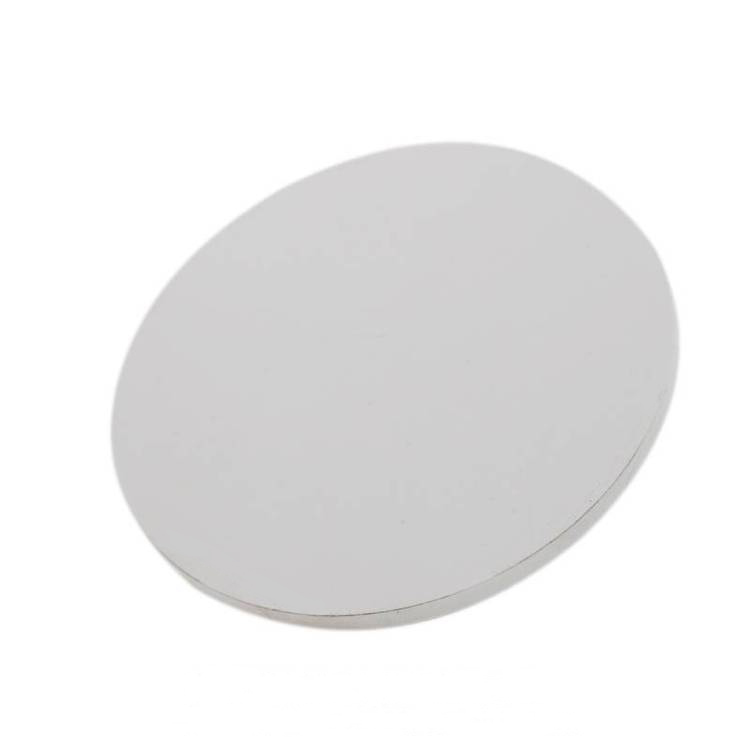
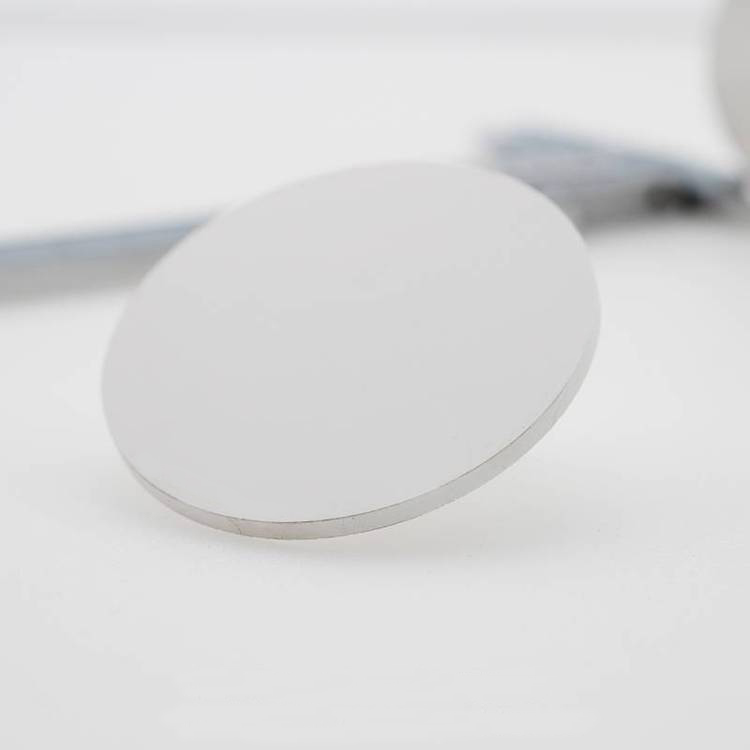
- High Purity: Guarantees consistent and reliable thin-film quality.
- Thermal Stability: Performs exceptionally under high-temperature conditions.
- Excellent Dielectric Properties: Ideal for insulating layers in electronic devices.
- Wide Optical Transparency: Operates effectively across UV, visible, and IR spectra.
- Customizable Options: Available in various shapes, sizes, and specifications.












